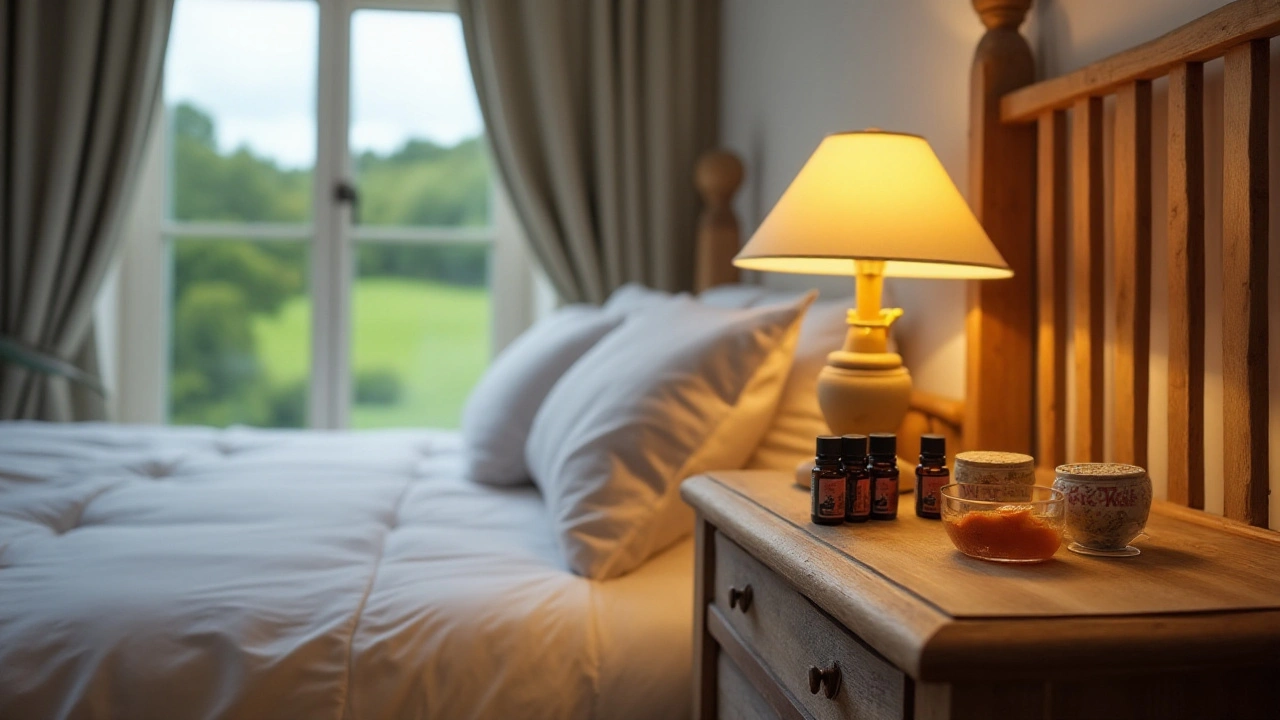Anxiety Relief: Simple Strategies for Quick Calm
If anxiety feels like a constant buzz in your head, you’re not alone. The good news is that many everyday actions can dial down the noise without pricey therapy or endless pills. Below are real‑world steps you can start right now to feel steadier and more in control.
Everyday Habits That Reduce Anxiety
First, focus on your breath. A few minutes of slow, deep inhalations—four seconds in, four seconds out—signals your brain that danger has passed. Pair this with a short walk outdoors; natural light boosts serotonin and breaks the cycle of rumination.
Second, limit caffeine after lunch. Even a single cup can spike cortisol, making jitters worse. Swap it for herbal tea or water flavored with lemon. Hydration helps your nervous system stay balanced.
Third, write down worries on paper. When thoughts spill onto a page, the brain stops looping them. List what you can change and what you can’t; then focus action on the first category and let the rest fade.
Medication & Supplements You Can Trust
If lifestyle tweaks aren’t enough, consider over‑the‑counter options like L‑theanine. This amino acid from tea promotes relaxation without drowsiness and pairs well with a healthy diet. Many readers find it useful alongside prescribed treatments.
For prescription help, medications such as Wellbutrin SR often ease both depression and anxiety. Our recent guide highlights seven alternatives if you experience side effects—options include Zoloft, Lexapro, Cymbalta, Trintellix, Remeron, and more. Talk to your doctor about which fits your health profile.
Another drug worth mentioning is Clomipramine, a tricyclic antidepressant that some clinicians use for PTSD‑related anxiety. While effective, it can have strong side effects, so close monitoring is essential.
Finally, don’t ignore the power of regular exercise. Even 20 minutes of moderate activity—like cycling or brisk walking—releases endorphins that naturally calm nervous tension.
Putting these pieces together creates a personalized anxiety‑relief toolkit. Start with breathing and movement, add a supplement if you’re curious, then discuss medication options with your healthcare provider. You’ll find that the combination of simple habits and informed choices often brings the fastest, most sustainable calm.
Top 5 Alternatives to Atarax for Anxiety and Sleep Relief in 2024
In 2024, those seeking alternatives to Atarax have various options to consider for managing anxiety and sleep issues. This article explores five different alternatives, including both over-the-counter and prescription solutions. Each option is detailed with its specific uses, benefits, and potential downsides, empowering readers to make informed decisions about their health. The alternatives range in their effects, risk profiles, and availability, making it crucial to understand each one comprehensively. A comparison table further simplifies the decision-making process, highlighting the key aspects of these therapeutic options.






